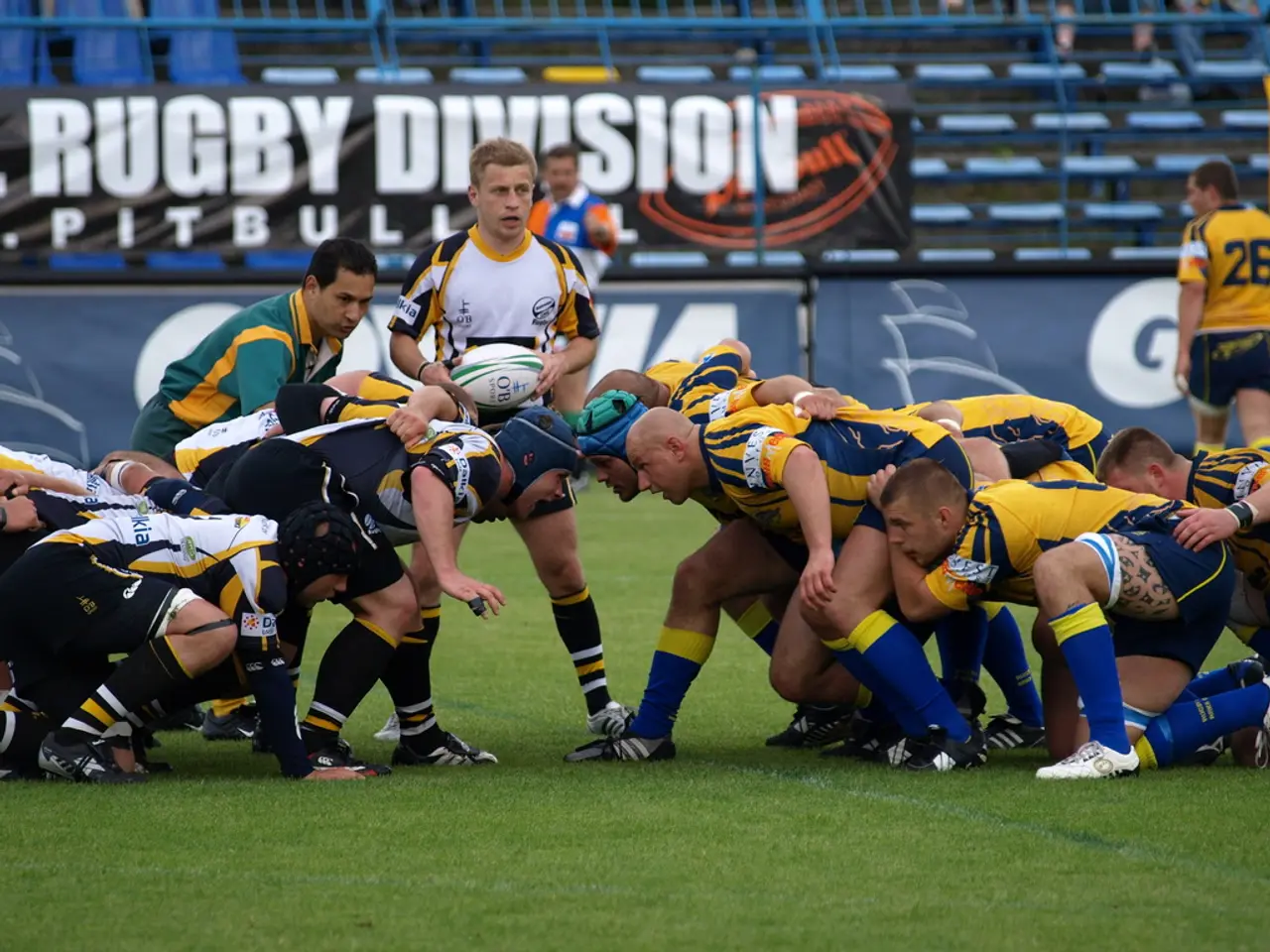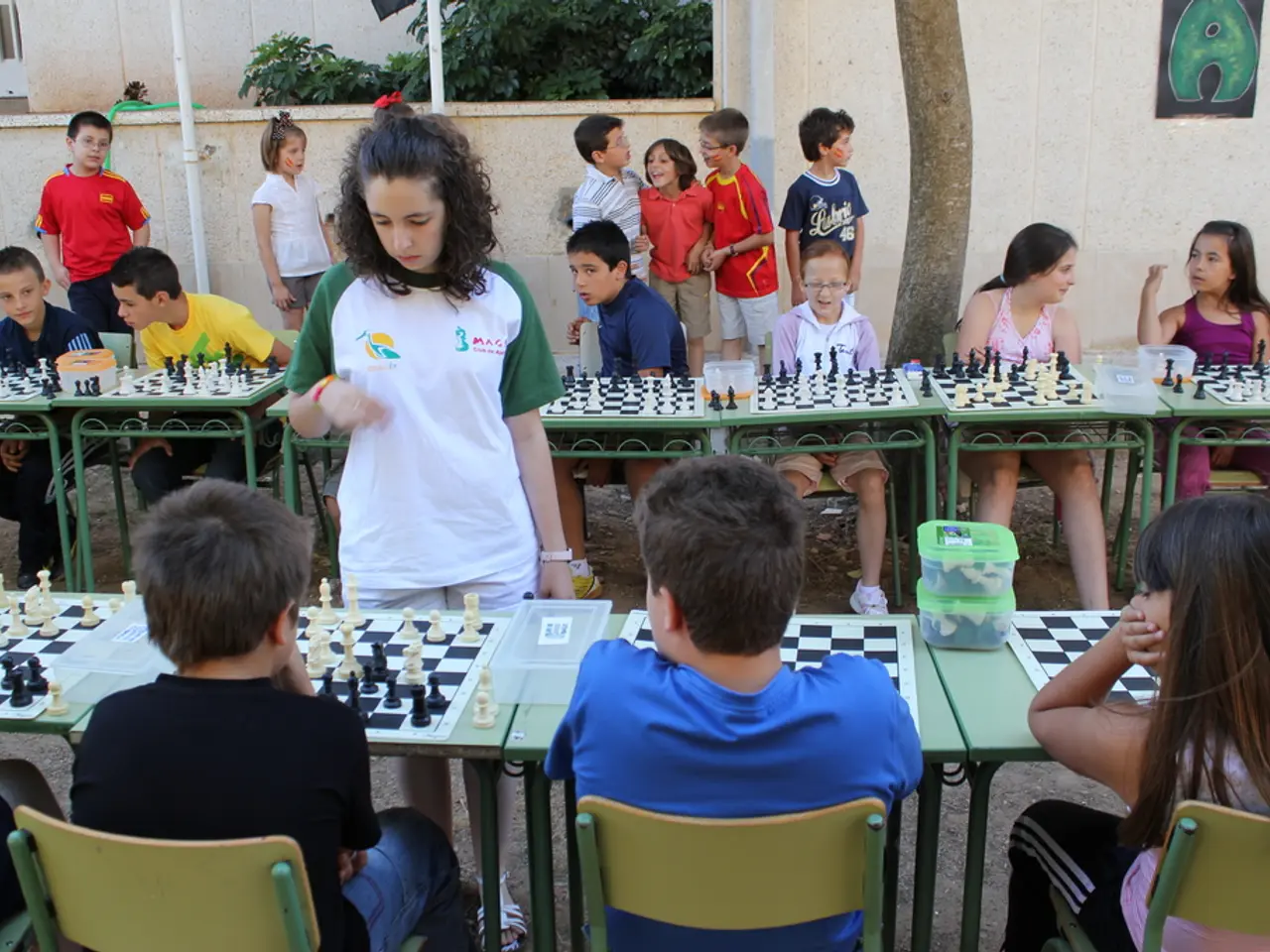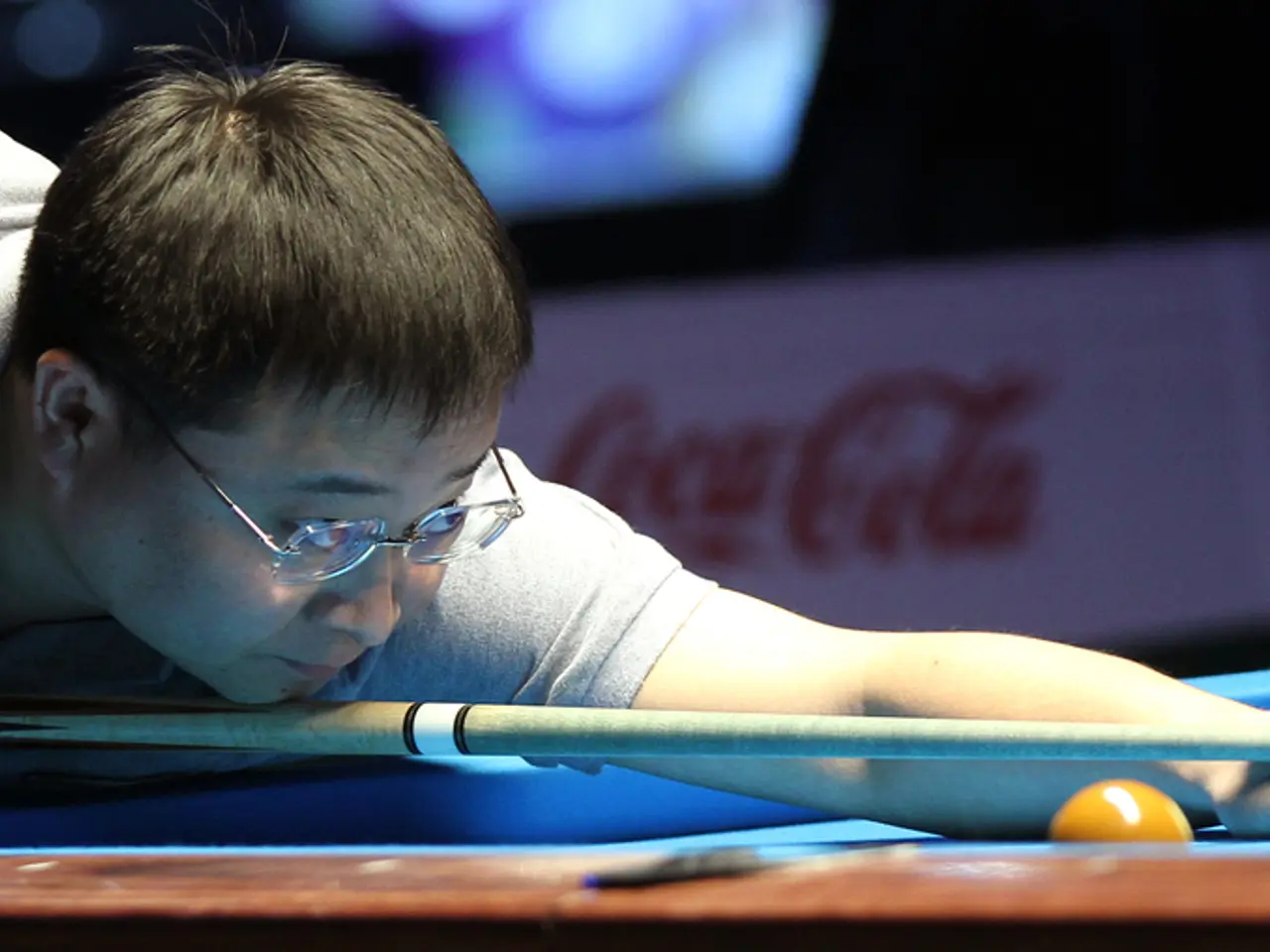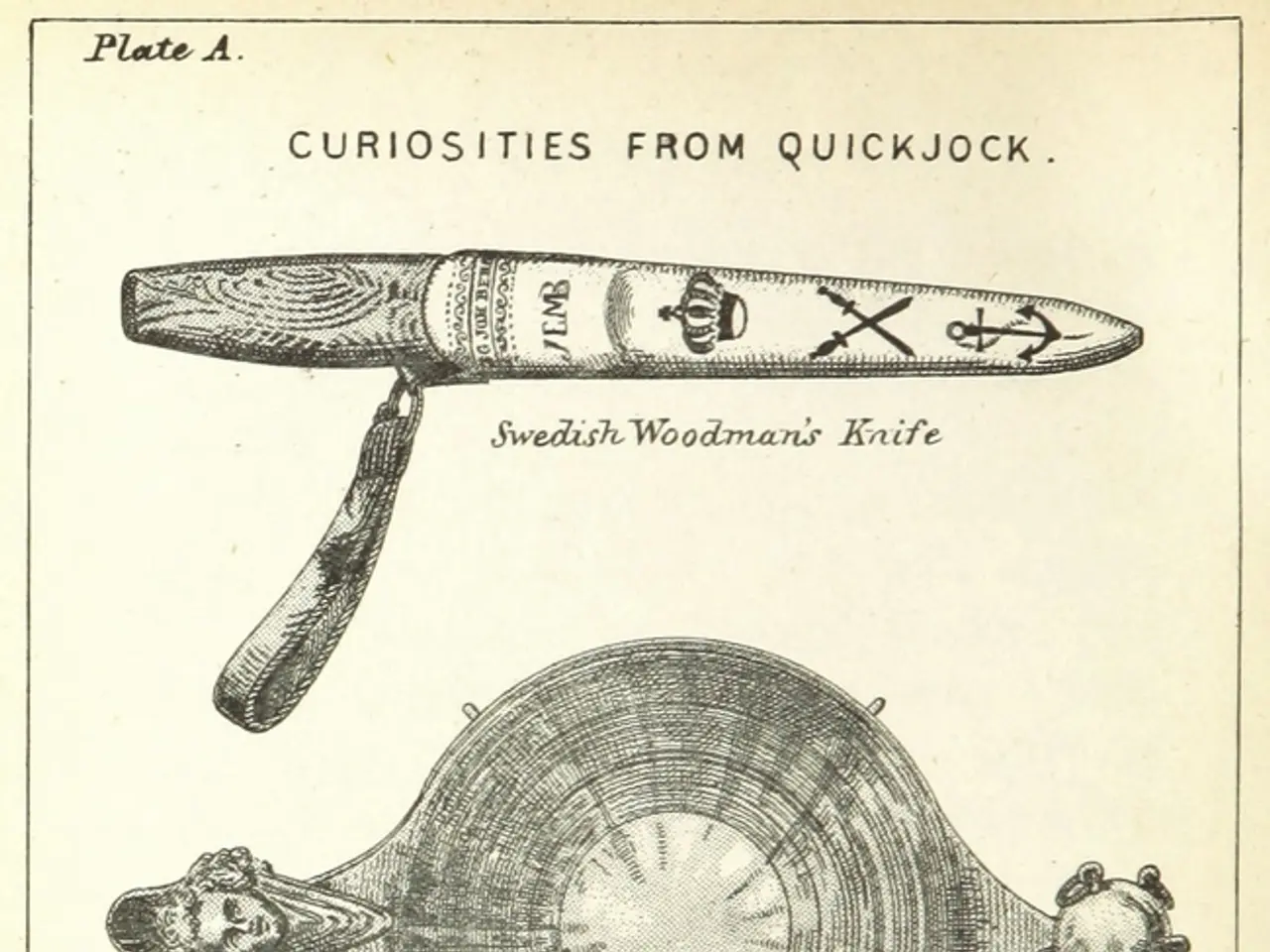Impact of Rugby League on the Cultural Fabric of Australian Society
Rugby League, a sport originating in England in the late 19th century, has become a significant cultural cornerstone in Australia. Its influence extends far beyond the game itself, shaping community bonds, celebrating Indigenous heritage, promoting inclusivity, and engaging with social challenges.
A Unifying Force
The visibility of female athletes in rugby league is at an all-time high, with major sporting events and media coverage showcasing their talent and dedication. Regional pride is a significant aspect of Rugby League's influence, with teams often representing their communities. This communal spirit is evident in the rich history of cities like Sydney, where Rugby League has become a hotbed for the sport.
Indigenous Empowerment
Rugby League has a profound impact on Indigenous Australians. Since the 1960s, it has provided important opportunities for Aboriginal and Torres Strait Islander people, serving as a platform for reconciliation, empowerment, and cultural pride. Indigenous stars, past and present, have raised visibility and representation, both on the field and in coaching roles, inspiring younger generations and strengthening community ties.
Social Inclusion and Disability Sports
Rugby League contributes to social inclusion and disability sports, exemplified by support for the Physical Disability Rugby League (PDRL) in Australia. Such initiatives provide people with physical disabilities access to competitive sport and community recognition, promoting broader inclusivity and well-being.
Addressing Social Issues
Rugby League addresses social issues by supporting gender equity and combating harmful stereotypes internationally through rugby-based programs. This highlights rugby’s core values of respect and inclusion, which resonate in the Australian context as well. Various initiatives have emerged to promote inclusivity within rugby league, such as clinics, workshops, and partnerships with schools, specifically designed for women.
Youth Culture and Health
Rugby League influences youth culture and health, often shaping identity and social networks beyond formal competition. While this can have both positive community impacts, such as encouraging physical activity among young Australians, it can also present challenges, such as issues related to gambling sponsorship and exposure to gambling culture.
Economic Significance
Rugby League holds a significant place in Australia's culture and economy, driving economic activity at both local and national levels. Schools across Australia have adopted various programs linked to the sport, including after-school clubs and community coaching sessions. The sport often serves as a catalyst for discussions about social issues, with players and clubs engaging in campaigns that promote equality and support for various communities.
Major Events and Cultural Significance
Major events like the State of Origin series or the NRL Grand Final have cultural significance, attracting large audiences and fostering local pride. The media representation of rugby league shapes societal attitudes, with the sport often associated with themes of toughness, teamwork, and community spirit.
Challenges and Opportunities
Negative stories about player behavior and off-field incidents can affect the sport's image, leading to discussions on player well-being. However, the potential growth areas for rugby league include community programs, an emphasis on inclusivity, and leveraging technology to appeal to younger fans.
In summary, Rugby League in Australia functions as a cultural cornerstone that shapes community bonds, celebrates Indigenous heritage, promotes inclusivity, and engages with social challenges, making it deeply embedded in the nation’s social fabric.
- The involvement of female athletes in rugby league is a testament to the sport's commitment to inclusivity, with major events and media coverage spotlighting their talent and dedication.
- Rugby League's impact on Indigenous Australians is significant, serving as a platform for reconciliation, empowerment, and cultural pride, with Indigenous stars shaping the sport's narrative both on and off the field.






